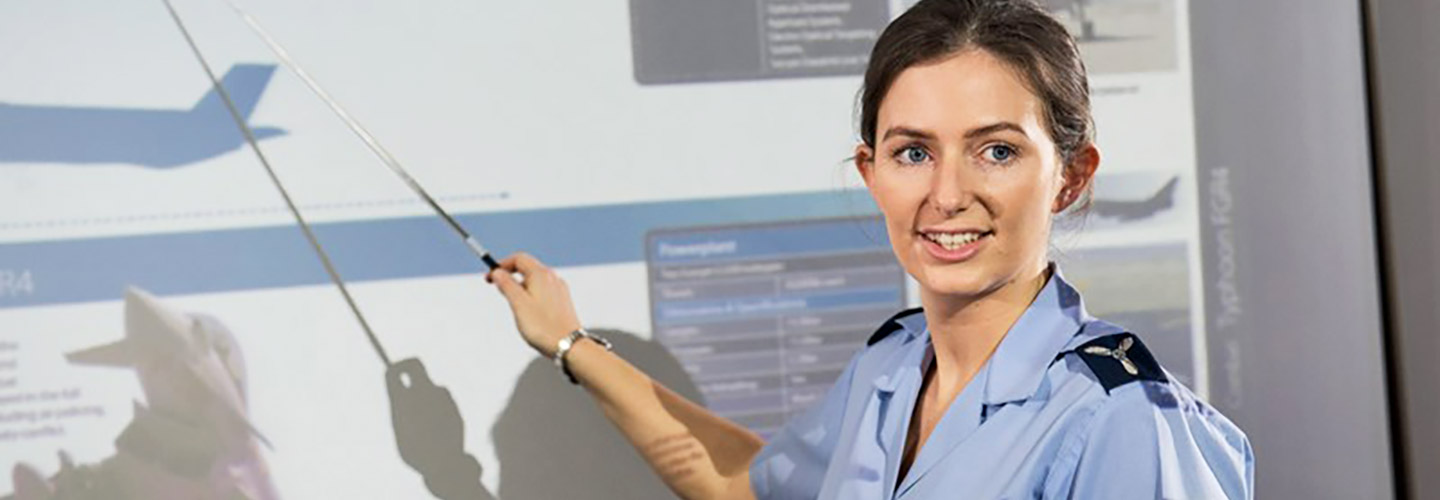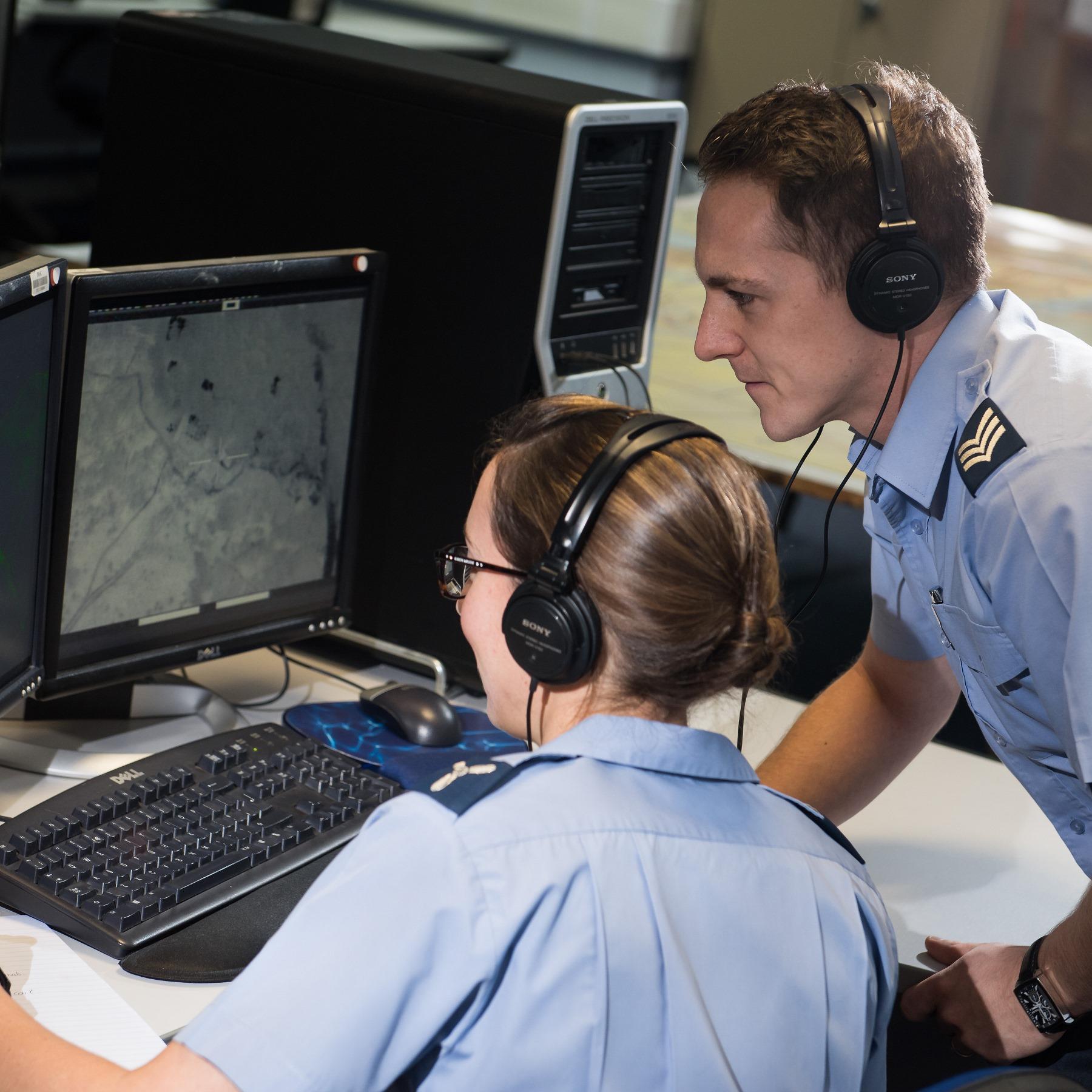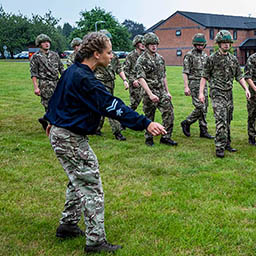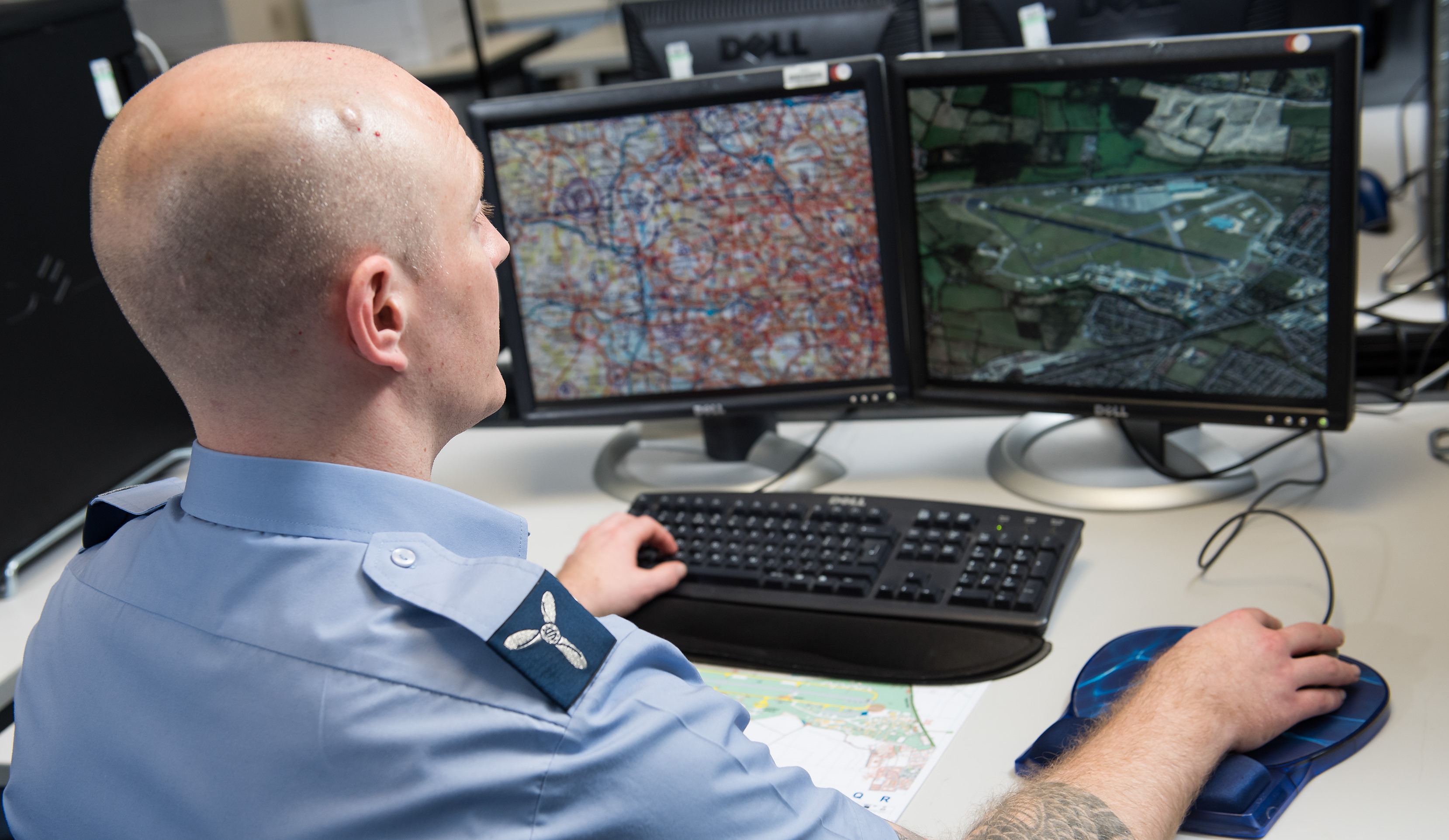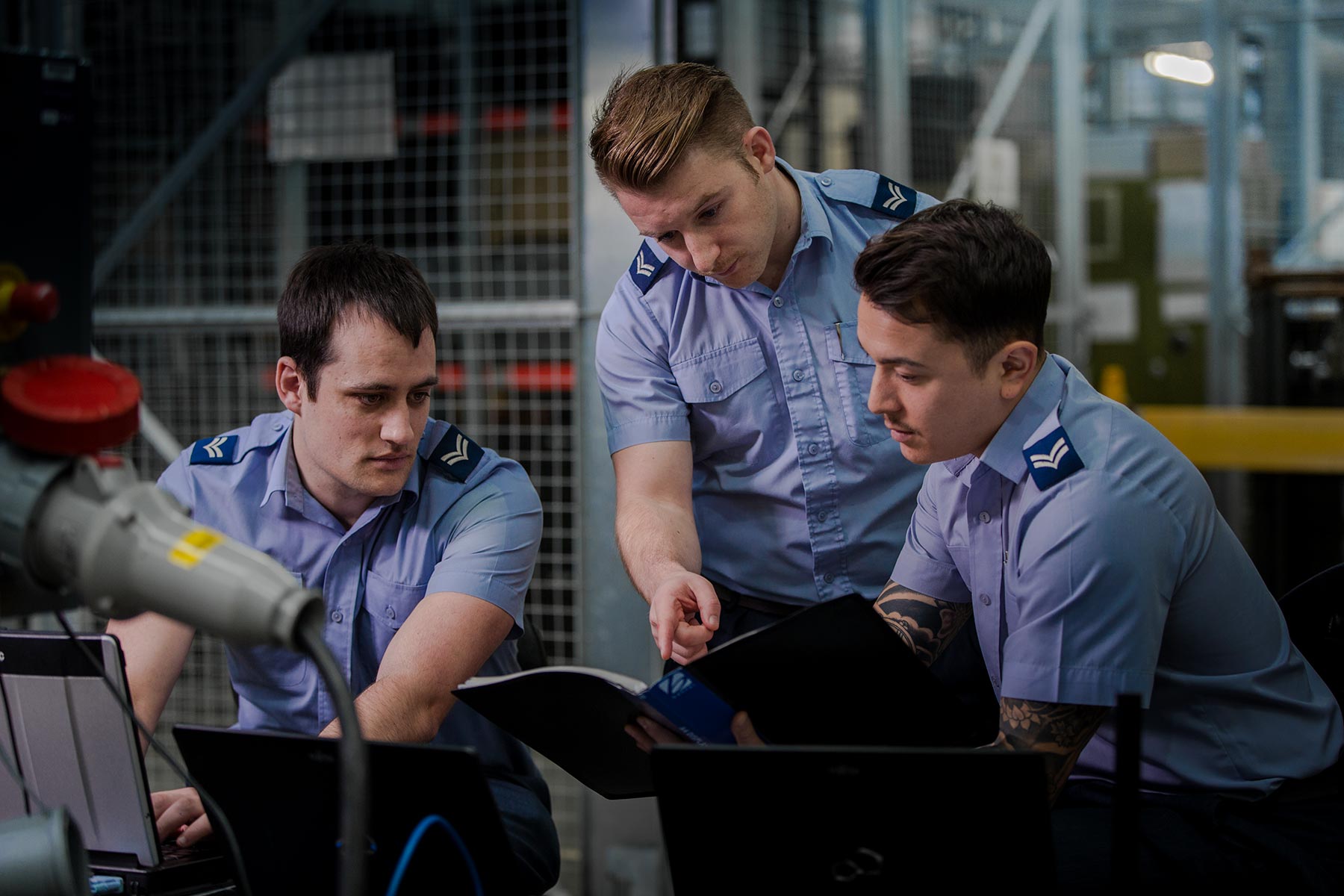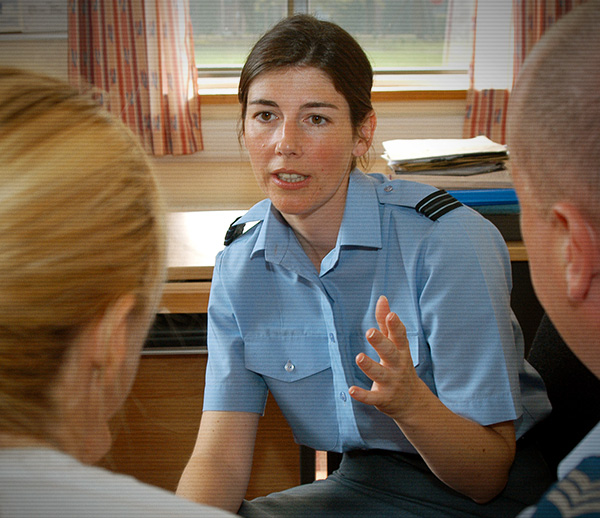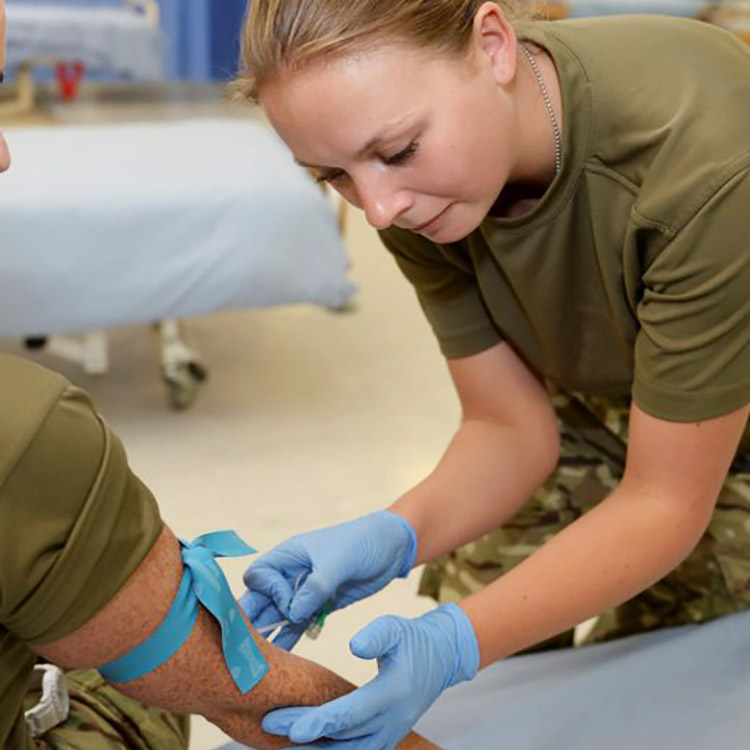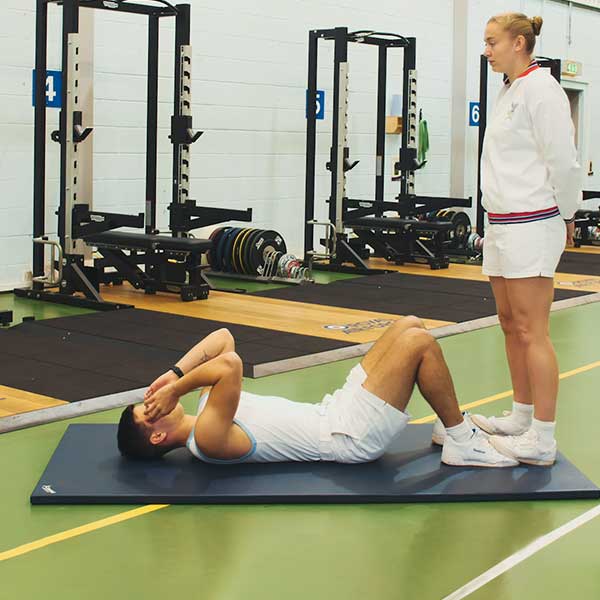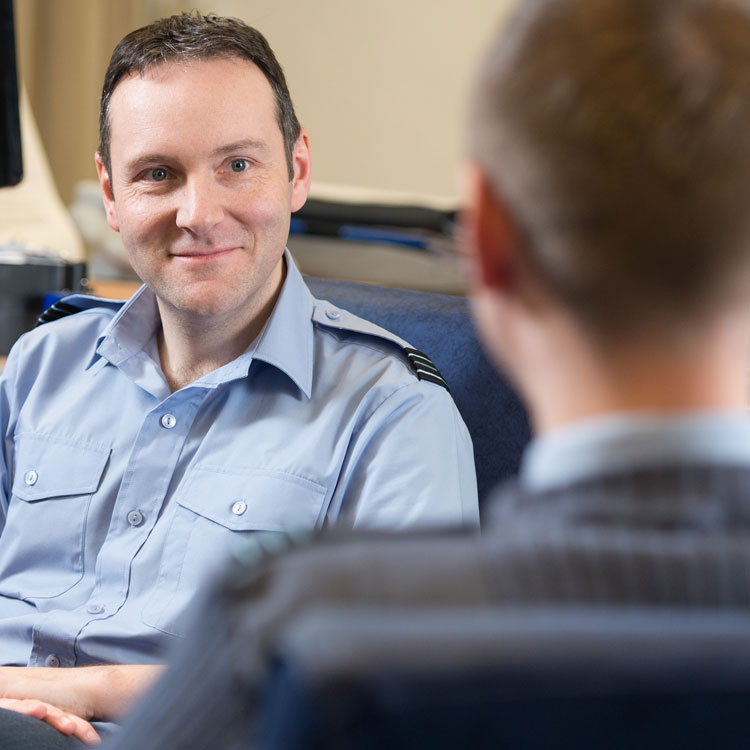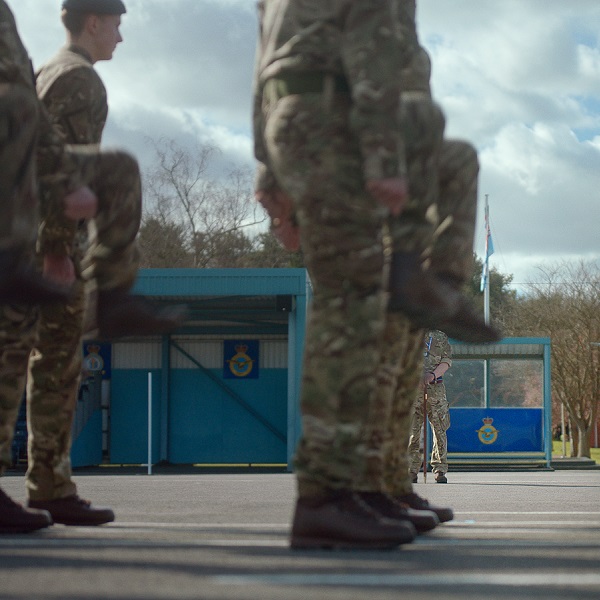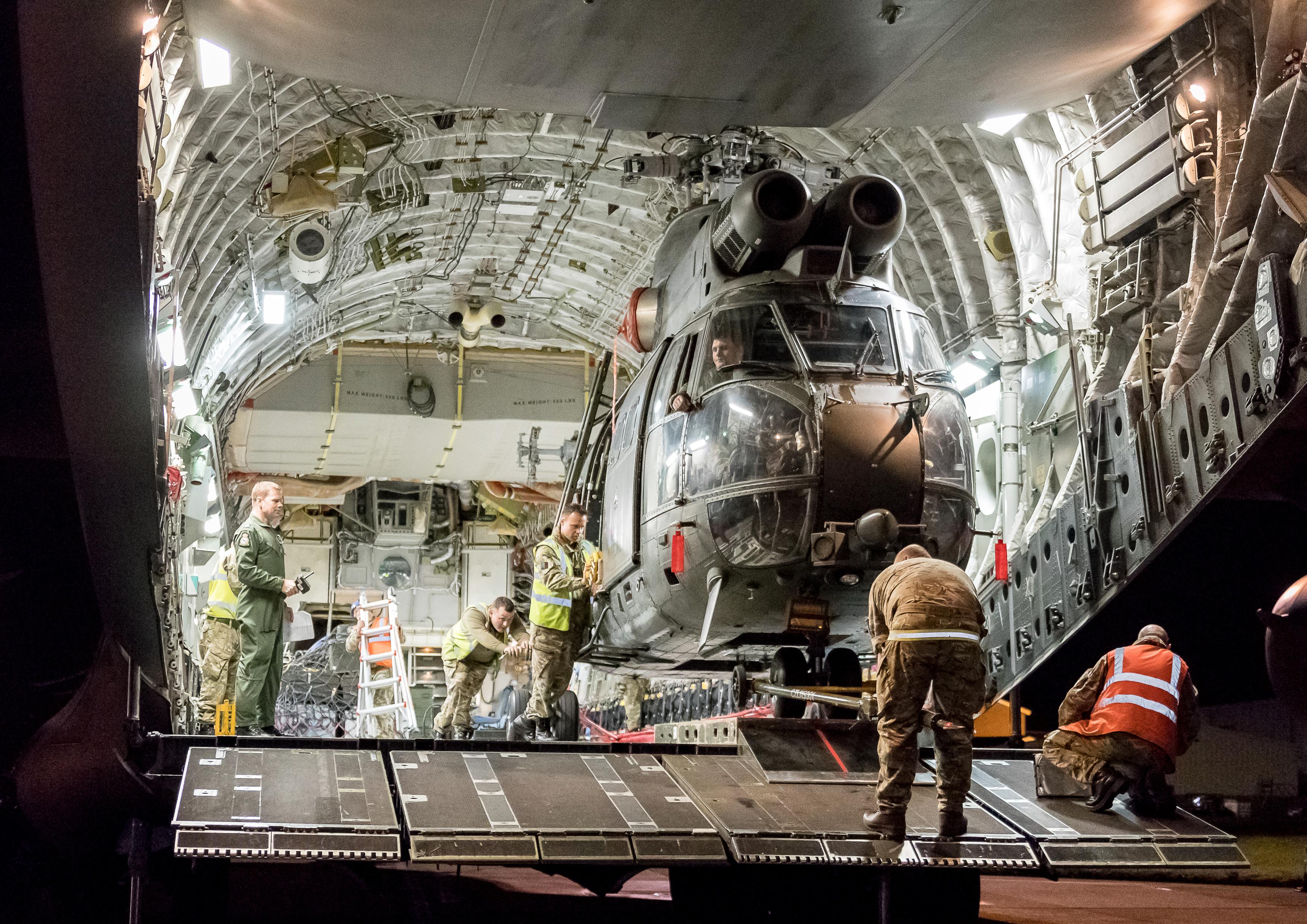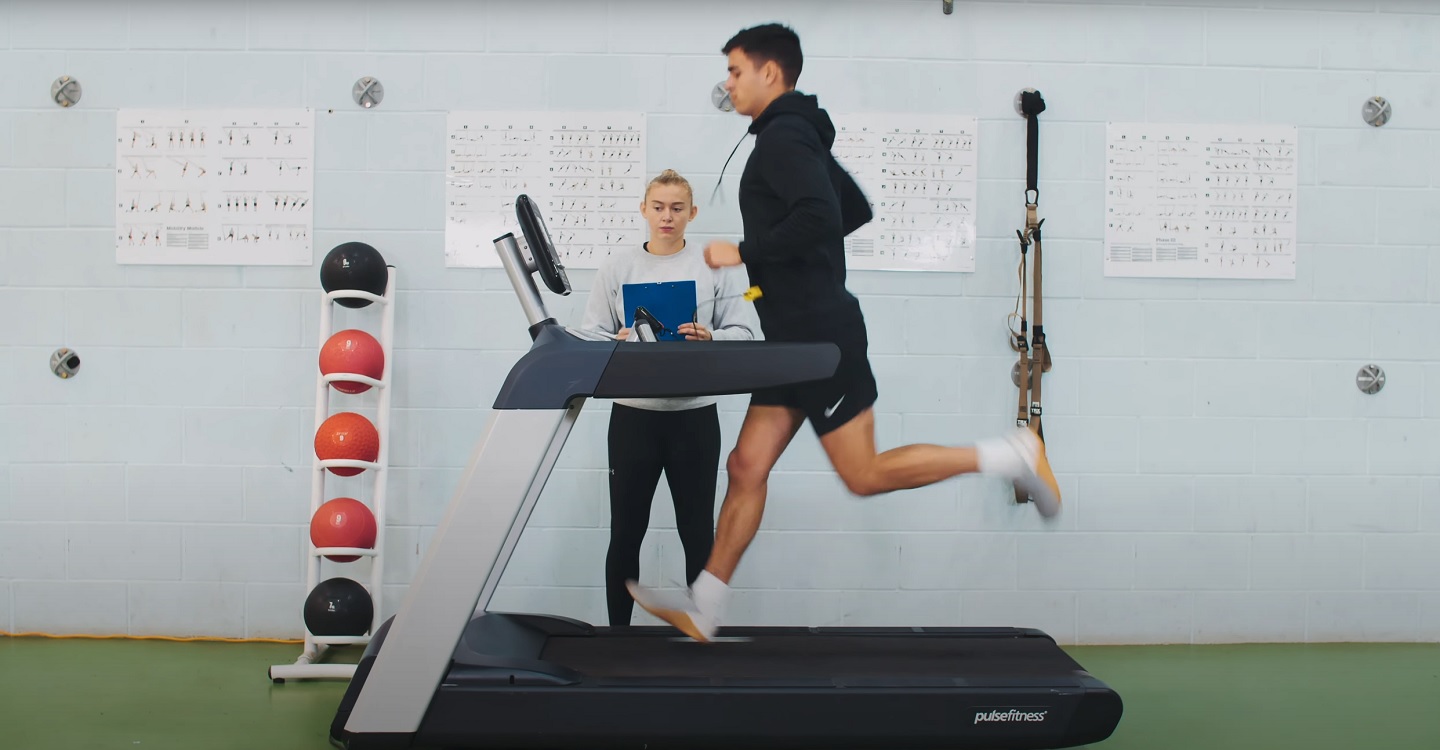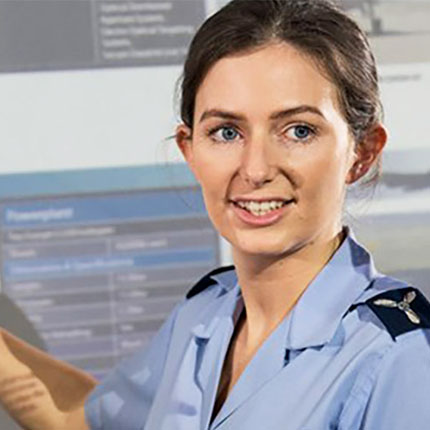Here, you will learn the fundamentals of Air Intelligence. This course is designed to train you in the basics of Operational Intelligence (OPINT). It will give you a good understanding of the sources of information, and the techniques for processing them. You will also develop the skills to disseminate it effectively through written or graphical means, including the delivery of a detailed but concise intelligence briefing.
The course also covers the roles of UK intelligence organisations such as Defence Intelligence (DI), and the RAF intelligence structure. You will learn about IT applications, research techniques and military mapping which concludes with a final exercise. This will be the culmination of all your training where you will put all your new skills into practice in a real time environment. Whilst undergoing Phase 2 training, you will also begin the RAF Apprenticeship that will allow you to gain civilian accredited qualifications. On successful completion of the course, you will graduate as an Air Specialist (Class 2) (AS2) and be posted to your first tour of duty.






